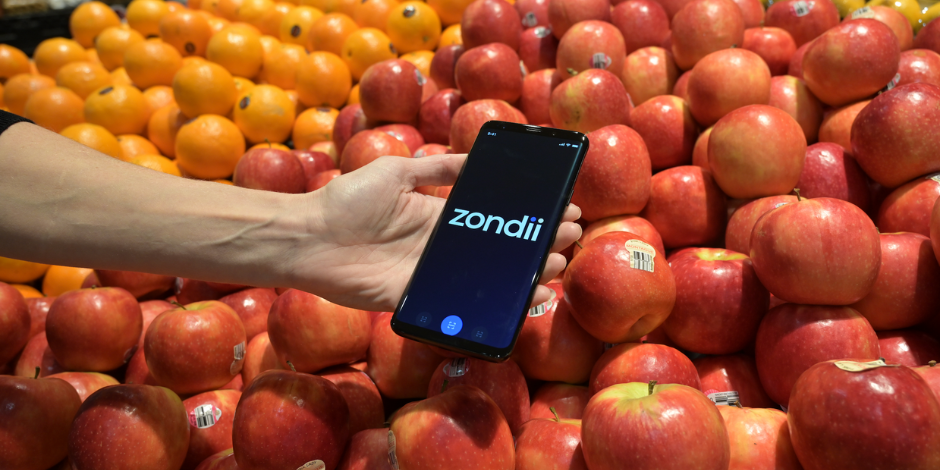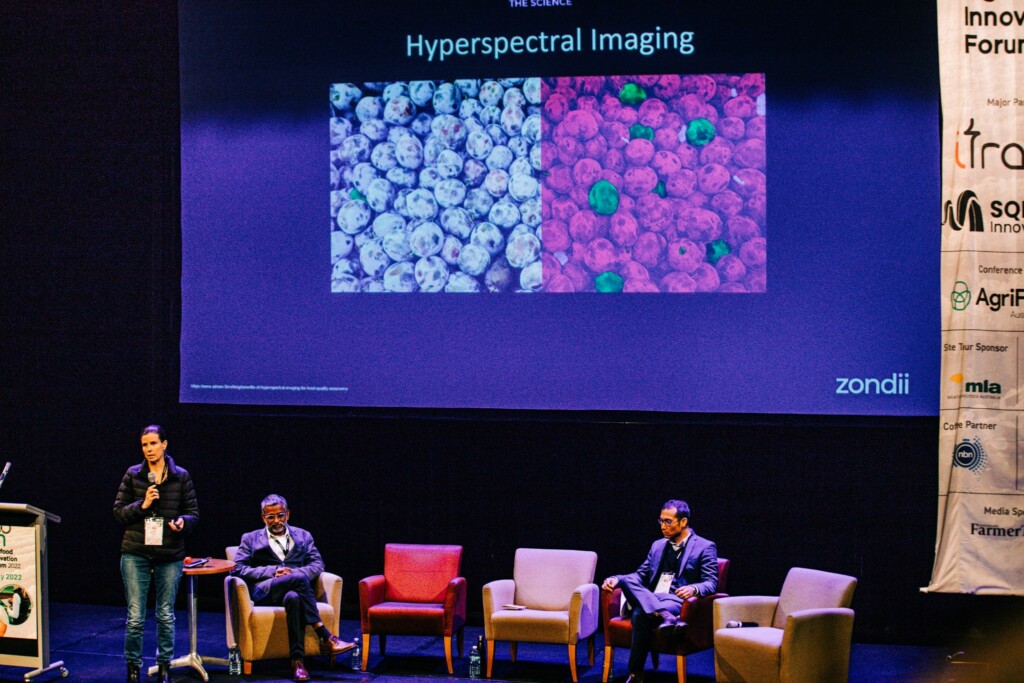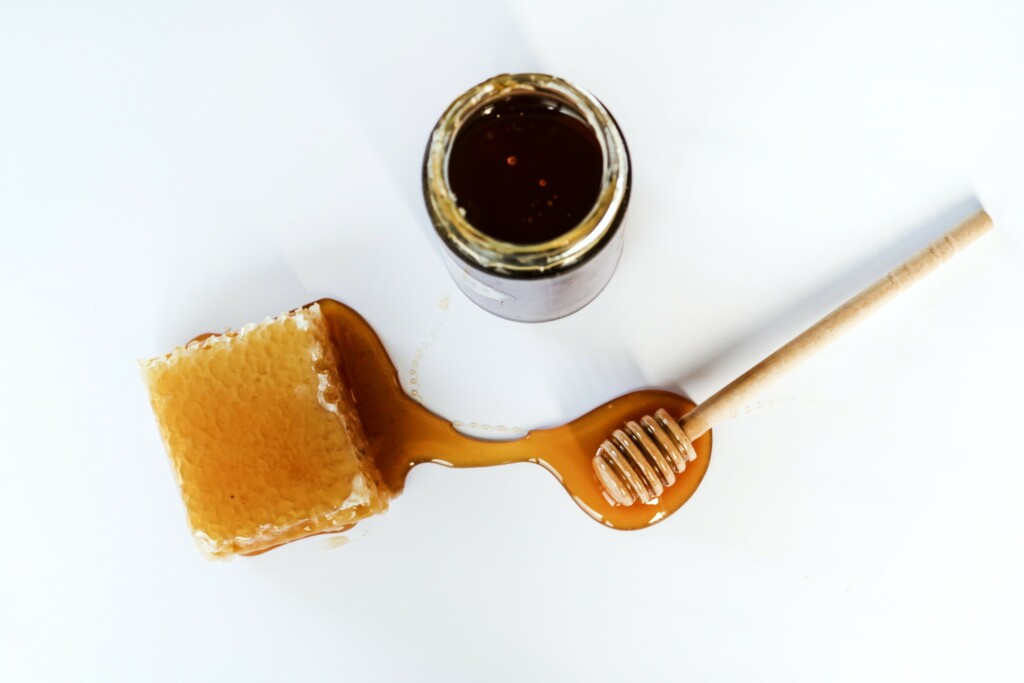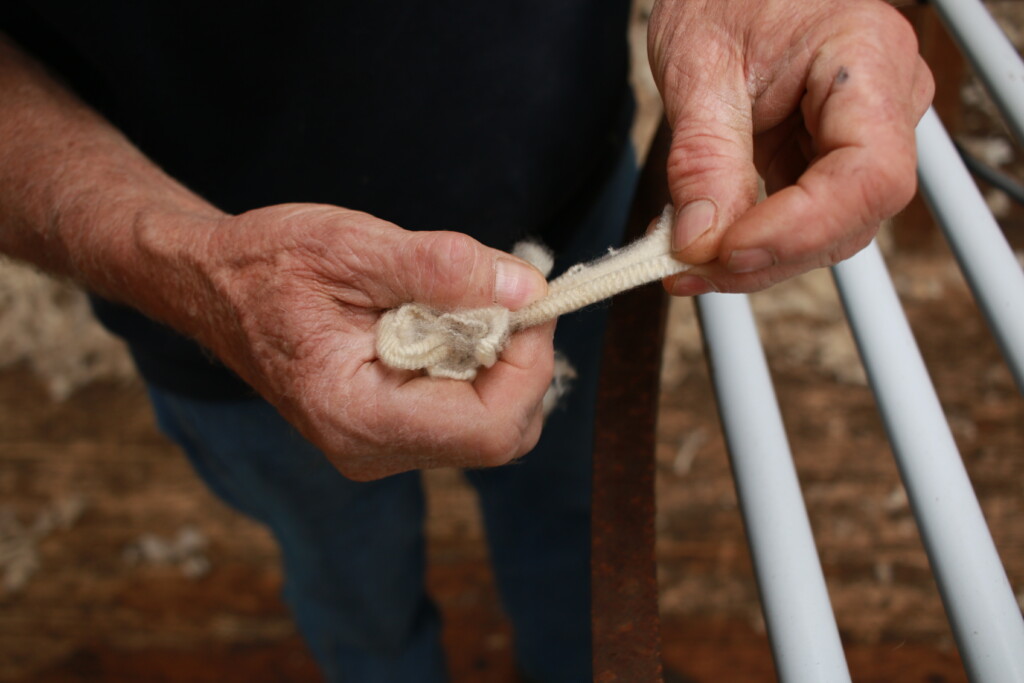In the palm of your hand: Technology taking on billion-dollar food fraud challenge
Food fraud is a multibillion-dollar problem threatening the bottom line and international reputation of Australian agriculture and its exports. Australian-based start-up Zondii is taking on this global challenge with an innovative solution that puts the answers in the palm of your hand.

A global issue, food and fibre fraud costs an eyewatering $40 billion to $50 billion per year. Locally, the annual economic impact is estimated to be $3 billion, a problem compounded by its potential to damage our international reputation as high-quality food producers.
RELATED: Tackling Australia’s $3 billion food and fibre fraud problem
Product fraud deceives consumers by providing them with a lower quality product without their knowledge typically through one or more of six fraudulent practices: adulteration, concealment, counterfeiting, dilution, mislabelling and substitution.
But while fraud is growing, so too is the focus on how to combat this multibillion-dollar problem.
Australian-based start-up Zondii is among a growing number of companies looking at the issue of food and fibre fraud, offering a quick and easy solution that can prove a product’s purity and provenance with a single touch.
Making it easy with mobile simplicity
Danielle Morton is the Founder and CEO of global technology company Zondii, which has created the world’s first real-time mobile verification tool.
Zondii’s technology can be used to confirm authenticity, identify regional fingerprints for provenance and traceability and verify organic status.

Danielle Morton is the Founder and CEO Zondii presenting at 400M
“This type of technology has been used for many years in laboratories, in art restoration and space exploration. We are simply taking it out of the laboratory and placing it into the hands of the farmer, the producer, or the consumer,” Danielle said.
“We now have a new globally patented technology that is providing a real-time verification and validation solution for the food and fibre industry.”
RELATED: Simple GoMicro device measures highly accurate food spoilage
From apples to honey: tech proves its potential across multiple industries
Zondii’s tech is a versatile and flexible solution that is already kicking goals across a number of different commodities.
“We have created a minimum viable product to detect organic versus non organic apples. This has multiple applications pre and post farm gate, so it’s a really exciting journey that we are on,” Danielle said.
That journey includes a project with Agrifutures Australia to authenticate and classify tea tree oil and Manuka honey using the Zondii’s technology to detect adulteration.

Photo by Danika Perkinson on Unsplash
The research project is investigating measuring the MGO range and provide a provenance classification for Manuka honey. For the tea tree oil industry the project will use Zondii’s technology to detect product adulteration while also aiming to measure if tea tree oil is present in household products.
Exploring the potential to improve the bottom line for producers
Future areas of interest for Zondii include expanding on their early work with apples to detect the organic status of fruit and vegetables, as well as identifying the provenance of products to authenticate Australian-grown produce and the quality of products such as the micron of wool. This will have applications both at home in Australia and internationally.

Zondii wool is a method of wool classing that replaces expensive outdated technology with a simple handheld scanning technique to easily and accurately detect the micron of wool.
The technology would be able to be applied both in the shearing shed and at the sheep sale yards, allowing farmers to make better breeding decisions or buy different sheep genetics to ensure a better quality of wool.
“We are strategically working on B2B solutions at the moment, solving problems for wool growers or tea tree or manuka honey producers, and in the next six to 12 months, once we’ve validated our solution for these industries, we will look to commercialise the technology and take these solutions global,” Danielle said.
“We want to know about problems and challenges for Australian farmers and the supply chain. And then, partner with the relevant industry partners to solve these problems.”
“As part of the report Agrifutures released on food fraud, its co-author Professor Rebecca Lester stated that technology also has a major role to play in solving food fraud, but it comes at a significant financial investment – ‘It almost takes someone who’s willing to be a trailblazer for it.’
“We believe Zondii is that trailblazer,” said Danielle.
Enjoyed this story? Want to learn more about the Asia Pacific region’s innovative agrifood tech ecosystem? Join us at evokeAG on 21-22 February 2023 in Adelaide, South Australia Tickets for evokeAG 2023 Down to Earth are now on sale here.
